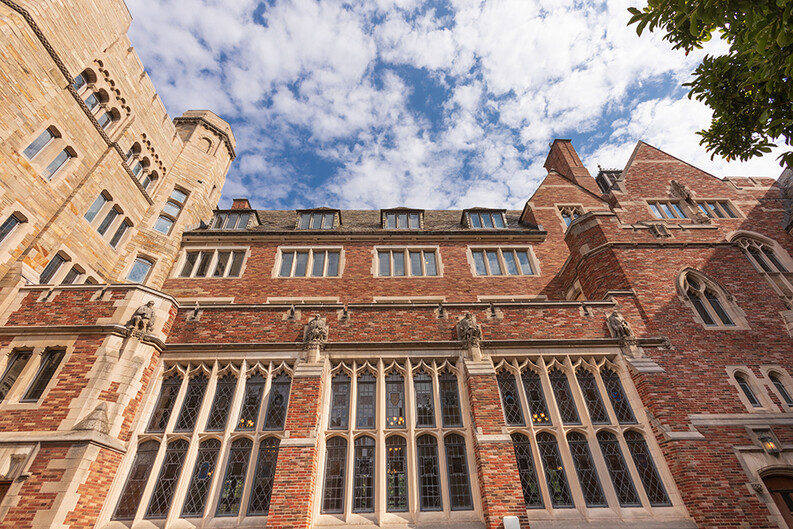Conference Explores Technology’s Impact on Government Transparency and Accountability

The Access and Accountability Conference4 (AAC), hosted by the Media Freedom and Information Access (MFIA) Clinic5 and the Abrams Institute for Freedom of Expression6 at Yale Law School, convened in New Haven Oct. 31 to Nov. 2, 2024, to take up pressing challenges to government accountability posed by technological advances and the rise of social media. (The conference agenda is available online7.)
This annual event, made possible through the support of the Knight Foundation8, once again brought together lawyers, journalists, academics, and public advocates to discuss the meanings, implications, and challenges of promoting government transparency and accountability.
Attendees explored topics ranging from the policy solutions required to account for government agencies’ growing reliance on algorithms and artificial intelligence to conduct their business, to the implications of social media’s dominance for democratic decision-making, the explosion of disinformation, and pressures to limit the right to protest.
The conference discussion of artificial intelligence explored the tension between the potential of AI to improve efficiency and the challenges it poses to public oversight due to its opacity and susceptibility to bias. Participants debated how regulatory frameworks must evolve to keep pace with these developments and to ensure necessary transparency.
“I found that participating in the AAC conference was an incredibly valuable experience for gaining insight into the current discussions surrounding AI and social media accountability,” said attendee and YLS Information Society Project postdoctoral fellow Maria Angel. “Listening to several of the experts and practitioners in the field was very enriching and stimulating.”
Another key focus of discussion was the accountability of social media platforms and the implications of their scale and scope for government accountability. Panelists examined how platforms influence public discourse, the spread of misinformation, and its impacts on election integrity. Participants also grappled with the question of how private companies can be held accountable for harms they may cause while balancing the need for free expression and research access to platform data.
The impact of misinformation and disinformation in democratic processes also loomed large in the discussions. Speakers addressed the rise of new information ecosystems that facilitate the rapid dissemination of falsehoods, creating challenges for securing election integrity, public trust, and the broader information environment. Questions about how to combat these threats without infringing on First Amendment protections sparked vigorous debate.
The conference also delved into the dynamics of protest rights in an increasingly polarized society. Participants explored how laws and policies designed to regulate protests intersect with constitutional protections and the disparate enforcement of these rules against marginalized groups. This theme underscored the broader question of how legal frameworks can balance public order and the protection of democratic expression.
The second day of AAC focused on issues of immediate interest to law school clinics addressing government accountability and First Amendment rights. One panel discussed the scope of institutional independence required for clinics by principles of legal ethics and academic freedom and considered the fallout for clinic independence from student protests last spring. Another panel addressed the need to develop meaningful ways to measure the impact law school clinics have in supporting local journalism and sought new ways to scale the work of their clinics. An important perspective was added to the discussion through presentations by philanthropists and legal service providers from outside the media sector.
In one of the most popular AAC events, a panel of clinicians and their clients closed out the conference by presenting successful projects from the past year that were worthy of emulation.
The AAC conference continues to serve as a vital space for fostering interdisciplinary collaboration and addressing some of the most urgent challenges facing democratic governance today.


